Subscribe to our newsletter to find out about all the news and promotions, and automatically receive a welcome discount coupon in your email.
 Bare feet leaving their mark on the streets of Rome, passing in front of the Obelisk of Aksum, an ancient work in Ethiopia that Benito Mussolini's army dismantled and transferred to the center of the Italian capital, are probably the best image to begin to rebuild a story with romantic features of the first African to win a gold medal in the history of the Olympics.
Bare feet leaving their mark on the streets of Rome, passing in front of the Obelisk of Aksum, an ancient work in Ethiopia that Benito Mussolini's army dismantled and transferred to the center of the Italian capital, are probably the best image to begin to rebuild a story with romantic features of the first African to win a gold medal in the history of the Olympics.
"There's a rival we don't have to worry about," thought the American long-distance runner Gordon McKenzie when he saw Abebe Bikila warming up for the start of the 1960 Rome Marathon. Neither he, nor anyone else, could imagine that that thin athlete, with his bones clearly outlining his physique, minutes later he would dominate the 42.190 meters of the test with a time of 2h15m16s, and with bare feet.
«The beauty of his victory is because he was running in the capital city of Italy, Rome, in a country that invaded, bombed and conquered Ethiopia in 1936, just 25 years earlier. "An Ethiopian just undoing what a million armed men did," portrayed the American historian David Maraniss, author of "Rome 1960: the Games that changed the world."
Born on August 7, 1932, in Jato, Ethiopia, Bikila grew up in the poverty of a home filled with need. After working as a pastor with his father, he completed a few years of study and joined the Imperial Guard of his country when he was 17.
Some stories assure that his connection with athletics was produced by observing a parade of athletes who were going to participate in the Melbourne 1956 Games. But what they all agree on is that it was the Swedish Onni Niskaken who was the discoverer. Hired by the Ethiopian government, the coach enhanced Bikila's qualities through innovative workouts, which included sauna baths, basketball exercises and extensive road races.
Thus, Bikila began to transcend in the national championships of the armed forces of his country and to stalk the reign of Wami Biratu, then the Ethiopian monarch in the medium and long distance events. In fact, he beat him in a 5.000-meter competition that earned him a ticket to Rome to replace precisely Biratu, who at the last minute injured his ankle while playing soccer.
The illustrious unknown, then, arrived in the Italian capital for the great competition. No one paid attention to his presence moments before the race because, as McKenzie dared to point out, he "was no rival." Oblivious to these comments, Bikila began to try on the shoes to participate in the competition, but he couldn't find the right size and everyone found them uncomfortable because they gave them blisters. The solution was simple: run barefoot, as he often did in the hills of Ethiopia.
 Before the start of the test, Niskanen pointed out to Bikila who his main opponents were, especially marking the Moroccan Rhadi Ben Abdesselam, who was going to run with number 26. After a good part of the test, the Ethiopian had not managed to run into him mentioned competitor and only had one athlete with the number 185 ahead of him. Already at night, flanked by Italian guards who illuminated the course of the event with torches, Bikila accelerated his march with one kilometer remaining to the goal and surpassed his rival . With the triumph consummated, and after having set a record time, the winner knew that the one he had surpassed was none other than Ben Abdesselam, who finally never used the number 26.
Before the start of the test, Niskanen pointed out to Bikila who his main opponents were, especially marking the Moroccan Rhadi Ben Abdesselam, who was going to run with number 26. After a good part of the test, the Ethiopian had not managed to run into him mentioned competitor and only had one athlete with the number 185 ahead of him. Already at night, flanked by Italian guards who illuminated the course of the event with torches, Bikila accelerated his march with one kilometer remaining to the goal and surpassed his rival . With the triumph consummated, and after having set a record time, the winner knew that the one he had surpassed was none other than Ben Abdesselam, who finally never used the number 26.
Success in Rome catapulted the Ethiopian to the status of his country's national hero and allowed him promotion to sergeant within the Imperial Guard force, in addition to winning a diamond ring. A hymn was even composed in his honor, one verse of which said "Abebe, you are a true hero, Abebe, you are the glory of Ethiopia, Abebe you are the smile of the country." The medal, on the other hand, remained in the hands of the country's emperor, Negus Haile Selassie, in exchange for the aforementioned ring.
After overcoming a confusing episode in which he was accused of participating in a failed coup, Bikila was once again Olympic champion in Tokyo 1964 with a time of 2h12m11s. He once again beat the world record, although in this case wearing sneakers and socks at the insistence of the Puma brand, his sponsor. His success story, meanwhile, would be cut short in Mexico 1968, where a broken foot forced him to abandon at 17 kilometers.
A year later, in 1969, a tragedy would end his promising career: while driving his Cadillac, a car that the army had given him and for which he received much criticism, he lost control while trying to avoid a student demonstration and crashed. . Bikila became a quadriplegic, although thanks to an operation performed in London his condition became paraplegic. Accustomed to difficulties, the Ethiopian did not let himself be defeated and even dared to joke. "I'm going to win another Olympic medal in the marathon, I'll go with my wheelchair," he said, thinking about the 1972 Munich Games. Finally, there he was present as a special guest.
On October 25, 1973, at the age of 41, a stroke related to that accident put an end to his existence. The athlete was dead, but not his legacy. His life inspired Davey Frankel and Rasselas Lakew to bring the story to film with “Atletus,” a film that was shortlisted for the Oscars. Meanwhile, on different tracks, surfaces, athletes like Haile Gebrselassie run to vindicate the work of Abebe Bikila, a man who was no match for anyone, the lanky figure with bare feet, the national hero of Ethiopia.
Other entries that they may interest you.
42K · All rights reserved

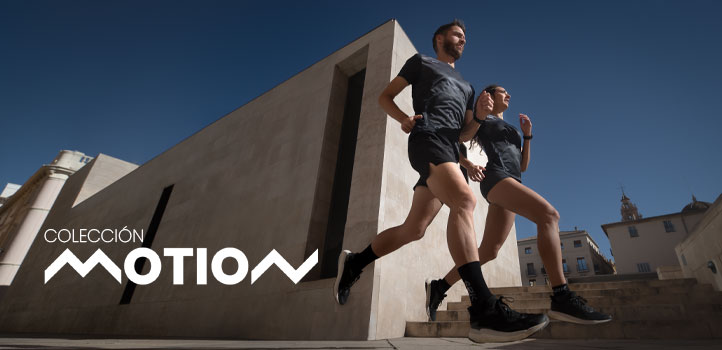
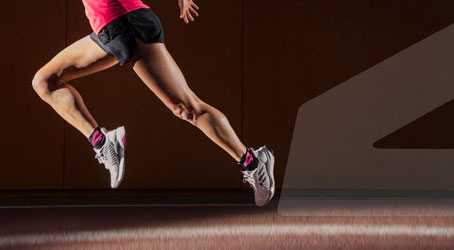
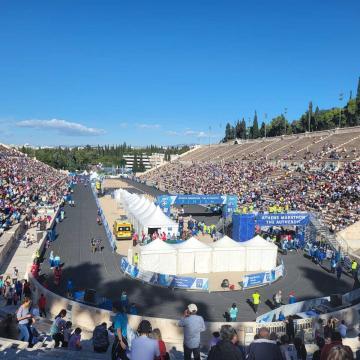
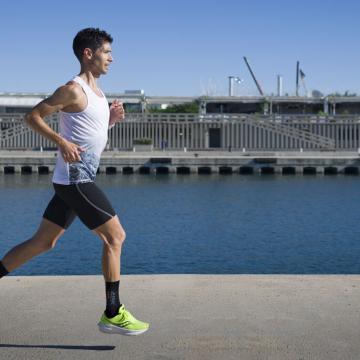
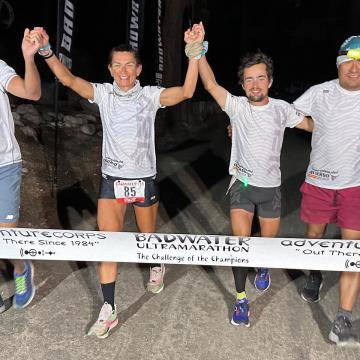
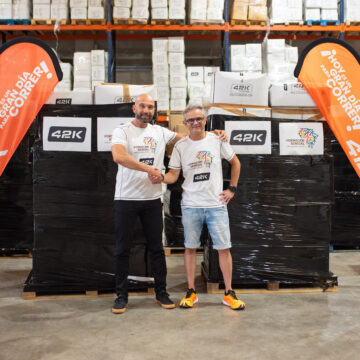
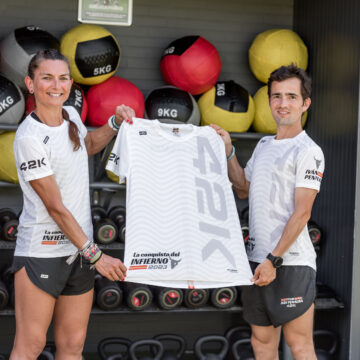


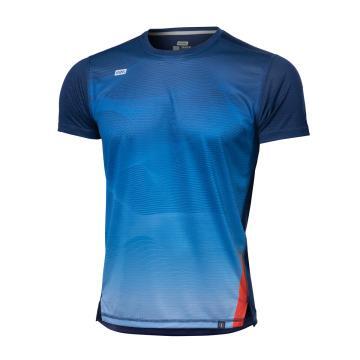
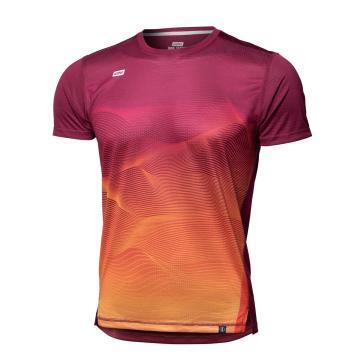
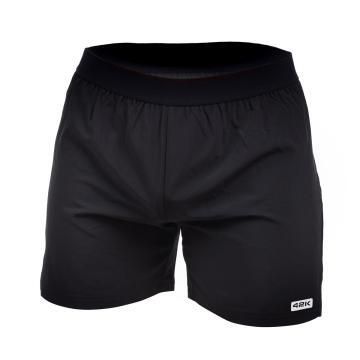
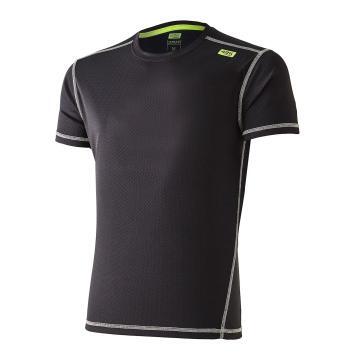
Comments
Post a first comment for this entry!